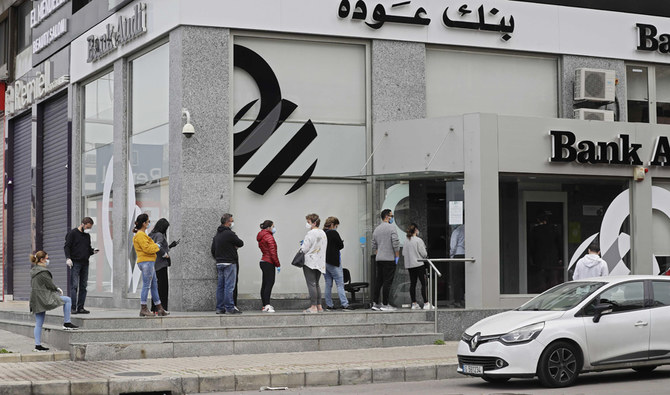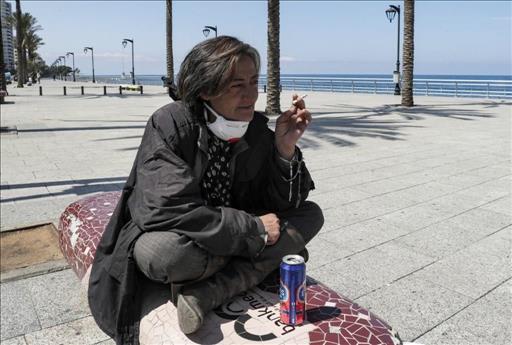by Massoud A. Derhally and Khaled Yacoub Oweis — Abdul Halim Khaddam, a former Syrian vice president who turned against President Bashar Al Assad’s rule but was largely shunned by the opposition, died on Tuesday in France. His son Jihad confirmed Khaddam’s death to The National from Istanbul. Khaddam was 88 years old. Salah Ayach, a close friend to Khaddam in exile, said he died at 5am of a heart attack. The former vice-president fled Syria after the killing of his Lebanese ally Rafik Hariri in February 2005. A UN investigation implicated senior Syrian security officials in the killing, and an international tribunal in the Netherlands indicted several Hezbollah operatives who are being tried in absentia.
Once seen as a possible successor to Hafez, instead he helped Bashar tighten his grip on power after he took office in June 2000. In the days following the elder Assad’s death, Khaddam pushed through decrees elevating Bashar’s military rank to general and making him commander of the armed forces — key moves in the uncertain process of succession. Khaddam went to Beirut to pay condolences to Hariri’s family. He was the only Syrian official at the mourning and by the end of 2005 he relocated to Paris. UN investigators interviewed Khaddam as part of their probe into the assassination as someone with near unmatched insight of the functioning of the Syrian regime. A Baath Party stalwart, Khaddam was a provincial governor in charge of the Golan Heights during the 1967 Arab-Israeli war. Hafez Al Assad was defence minister at the time. The loss of the Golan to Israel did not prevent Hafez Al Assad from becoming president in 1970. Khaddam, a close ally of the new president, became foreign minister and the Syrian regime’s softer face of its divide and conquer approach to Lebanon. He set up in France an opposition coalition to the regime that was buoyed by the US invasion of Iraq in 2003, expecting the repercussions to weaken Bashar Al Assad. A few months into the Syrian revolt, which broke out in March 2011, Khaddam said: “If the international community does not react to stop these crimes and protect civilians, the Syrians will be forced to take up arms to defend themselves.”





![Lebanese Minister of Interior and Municipalities, Mohamed Fehmi, holds a press conference on coronavirus (Covid-19) in Beirut, Lebanon on 22 March 2020. [Hussam Chbaro - Anadolu Agency]](https://i1.wp.com/www.middleeastmonitor.com/wp-content/uploads/2020/03/20200323_2_41498460_53309952.jpg?resize=1200%2C800&quality=85&strip=all&ssl=1)





